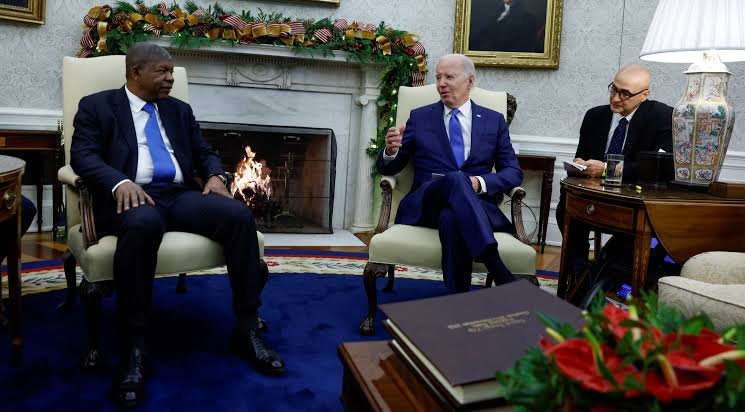Joe Biden became the first U.S. president to visit Angola, using the occasion to promote American investments and strengthen ties with the sub-Saharan African nation. His trip includes a visit to Angola’s National Slavery Museum, where he will address the historical connection of slavery between the two countries and emphasize a shared vision for the future.
A key focus of the visit is the $3 billion U.S. commitment to the Lobito Corridor, a major railway redevelopment project connecting Angola, Zambia, and Congo. The initiative aims to streamline the transport of critical minerals essential for electric vehicles and clean energy technologies. The project is supported by funding from the European Union, the Group of Seven, and African banks, signaling a collective effort to bolster regional economic development while countering China’s growing influence in African resource sectors.
The 800-mile railway upgrade mirrors the scale of China’s Belt and Road infrastructure initiatives, marking a significant shift in U.S. engagement strategies in Africa. National security spokesperson John Kirby described the corridor as a sustainable investment opportunity for the region, moving away from debt-heavy financing models.
Biden also plans to meet with Angolan President João Lourenço and African business leaders to discuss economic collaboration. His visit to the National Slavery Museum, housed in a former slave temple, will include a speech acknowledging the atrocities of slavery while highlighting a commitment to progress and mutual prosperity.
Biden’s Angola visit underscores a renewed U.S. focus on Africa amid global competition for influence, demonstrating efforts to strengthen economic and cultural ties with the continent.



